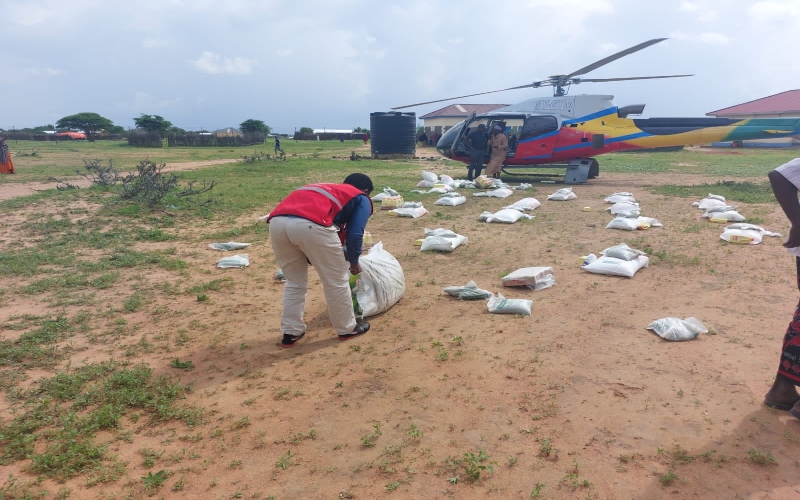KCSE E grades: School principals blame government for poor performance

The association has now called on the government to prioritise school funding, warning that without urgent intervention, the growing performance gap will continue to disadvantage students.
The government is to blame for the increasing number of students attaining grade E in the Kenya Certificate of Secondary Education (KCSE) examinations, school heads now say, citing delays and partial disbursement of funds as the main contributors to declining academic performance.
The Kenya Secondary School Heads Association (KESSHA) says the government has owed schools a total of Sh54,220,185,855 in capitation funds since 2019, with a third of this amount being the deficit for 2024 alone.
More To Read
- KNEC CEO David Njengere summoned over failure to release withheld KCSE result
- 2025 KCSE concludes smoothly as government reports sharp decline in exam cheating cases
- Education Ministry pledges early capitation release for smooth start to new term
- 19 KCSE exam cheating cases reported across three regions - CS Ogamba
- Five arrested for impersonating students in ongoing KCSE exams
- KCSE exam papers to be airlifted in flood-hit regions - CS Julius Ogamba
The association argues that inadequate funding has left schools struggling to provide quality education, directly impacting student performance.
According to KESSHA, the number of students scoring grade E has fluctuated over the years but has generally been on an upward trend. In 2020, a total of 28,046 students scored an E, a figure that rose to 46,151 in 2021. Although the number dropped to 30,822 in 2022, it surged again to 48,174 in 2023 and slightly increased to 48,333 in 2024.
Over the same period, school funding has been declining, with principals drawing a direct link between reduced capitation and poor KCSE performance.
“When schools lack adequate resources, performance is greatly affected, and this can be attested by the gradual increase in the number of E grades countrywide in KCSE over the last three years. It is particularly worrying that from 2022 to 2025, the number of E grades has significantly shot up by a margin of 72 per cent,” reads a report signed by KESSHA chairperson Willy Kuria.
The association also highlights the financial strain schools face in retaining teachers employed by boards of management. With limited funds, Kuria said schools struggle to offer competitive salaries, forcing many teachers to seek better opportunities elsewhere. This, they argue, further compromises education quality and widens the performance gap.
“Budget constraints have led to reduced support services and counselling, affecting students’ emotional well-being. Schools are also unable to provide learning support programs for students who require the periodical intervention of professional counsellors and mental health experts,” reads the report.
The financial challenges have also deepened inequality in education, with day secondary schools—reliant solely on capitation—bearing the brunt of inadequate funding. This, the report notes, has led to disparities in access to essential learning resources, further disadvantaging students in these institutions.
KESSHA further warns that inadequate funding is not only limiting academic resources but also affecting crucial student support systems. It notes that schools are struggling to offer a broad curriculum due to financial constraints, limiting career options for learners.
“Financial challenges have made it harder for schools to engage parents and the community in the education process. Parents avoid involvement as they believe they will be asked to contribute financial resources. Schools have struggled to offer a wider curriculum due to financial constraints, therefore limiting the learners’ career choices. Subsequently, schools have opted to remain conservative in the range of subject choices that they can offer,” the report adds.
The association has now called on the government to prioritise school funding, warning that without urgent intervention, the growing performance gap will continue to disadvantage students.
“Limited funding has resulted in resource constraints, making it difficult for schools to maintain essential facilities and provide necessary teaching and learning materials for students,” the report states.
KESSHA insists that without immediate action, the education system risks further deterioration, leaving more students unable to achieve meaningful academic success.
Top Stories Today













































